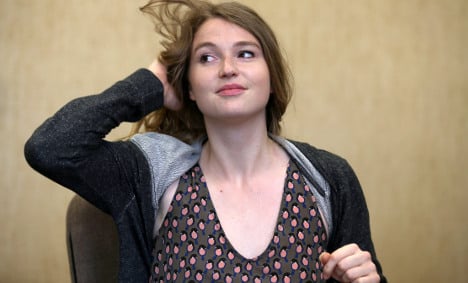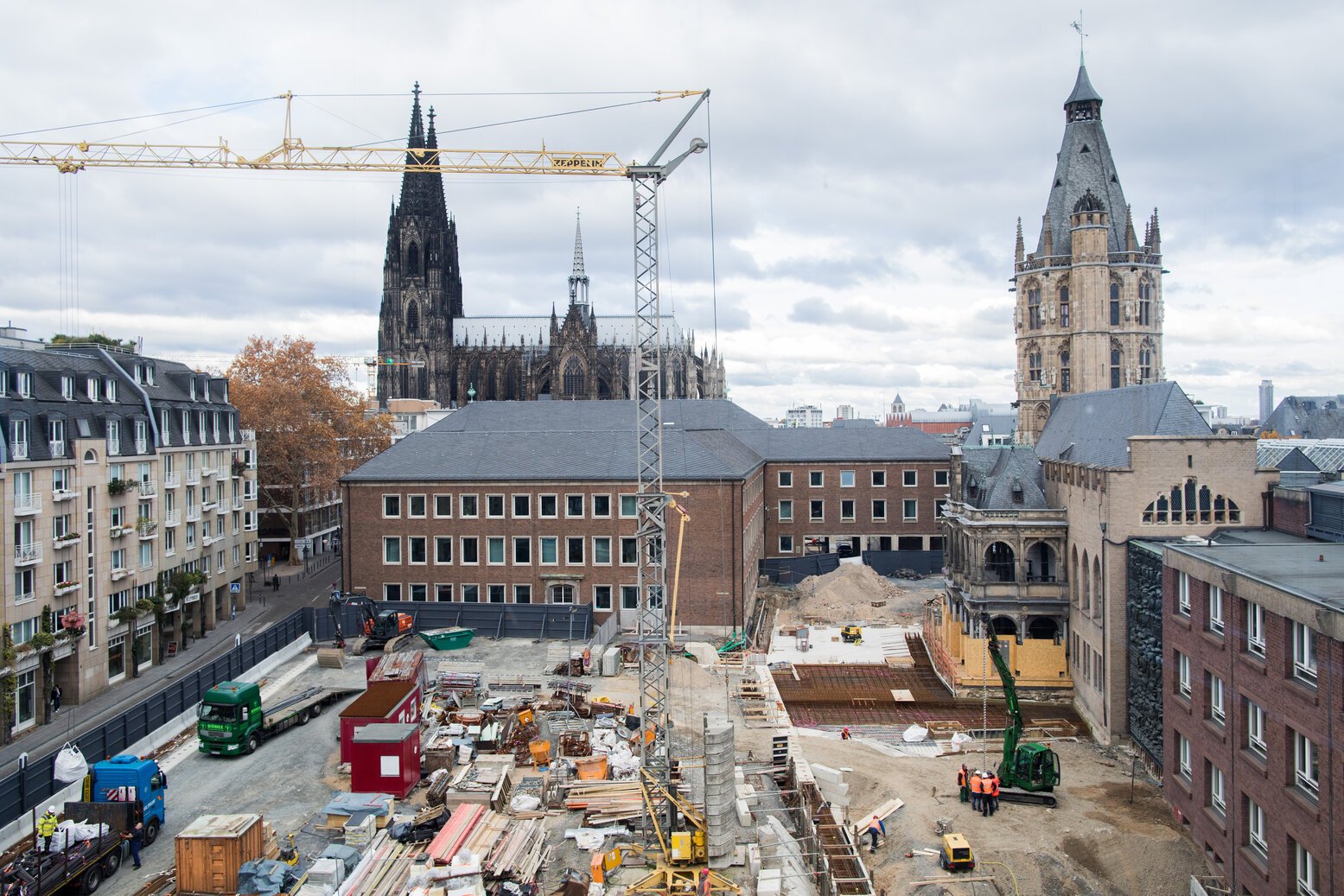Josephine Witt was sentenced on Tuesday on a charge of disruption of religious practise. In December 21014 the court had ordered her to pay a €1,200 fine, but she fought back with an appeal.
Witt’s action was part of a protest by the feminist group Femen, which attracts attention to its cause by writing messages across the bare chests of its activists and having them appear in public places.
As she jumped into the altar, the dentistry student from Hamburg was dressed only in underwear and had the words ‘I am God’ written across her chest.
According to the Süddeutsche Zeitung she shouted ‘Equality’ before being pulled from the altar by a couple of nearby churchgoers.
In a video of the incident one man can be seen approaching her and cuffing her around the ear.
In front of the court, Witte said that she had not come to show remorse, explaining that her protest was against the treatment of women in the Catholic church and the attitude of the Cardinal of Cologne cathedral towards abortion.
She stated that she no longer protests topless but added “I am not ashamed of what I did.”



 Please whitelist us to continue reading.
Please whitelist us to continue reading.
Member comments